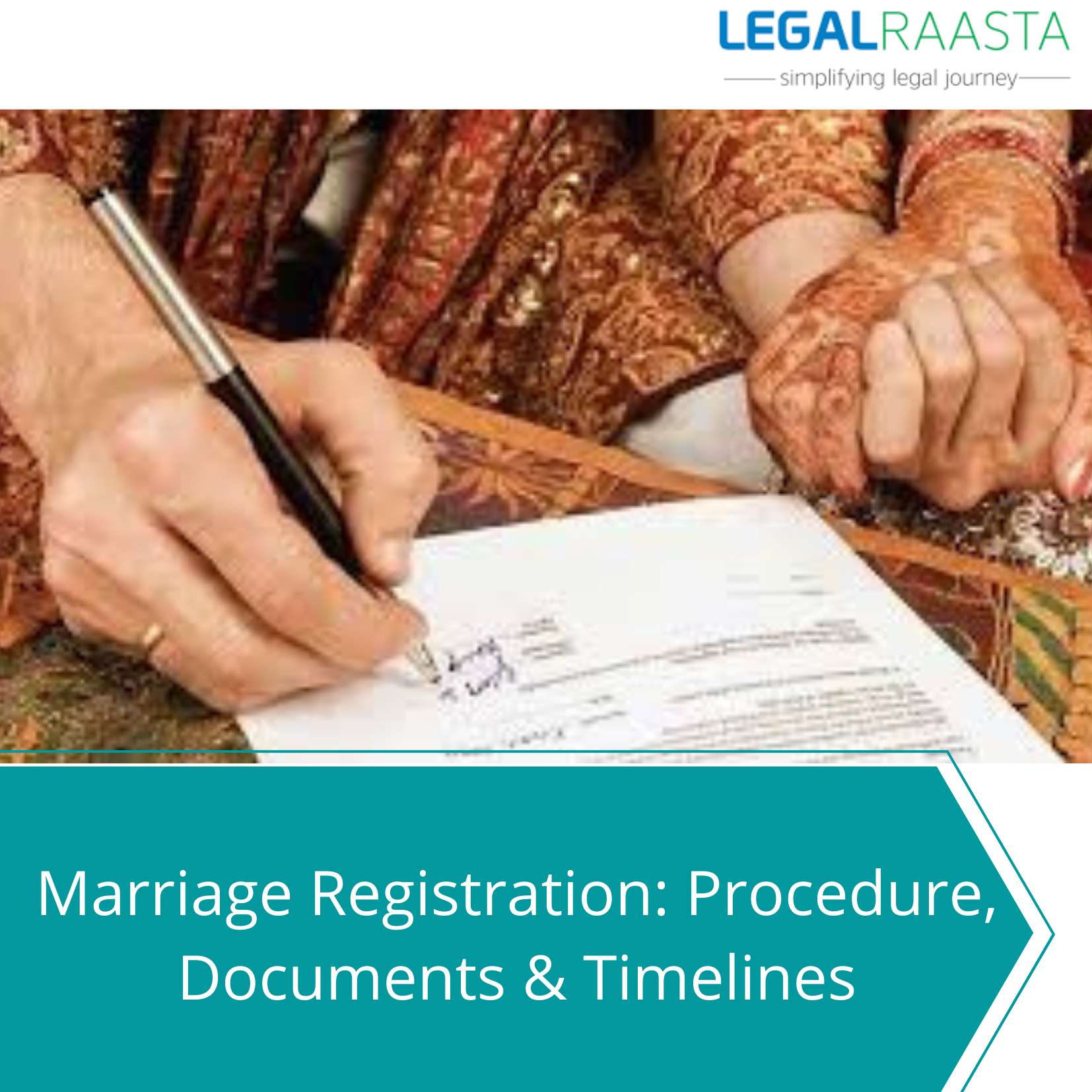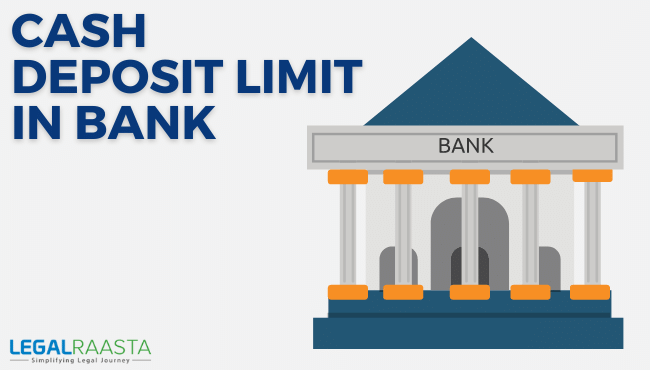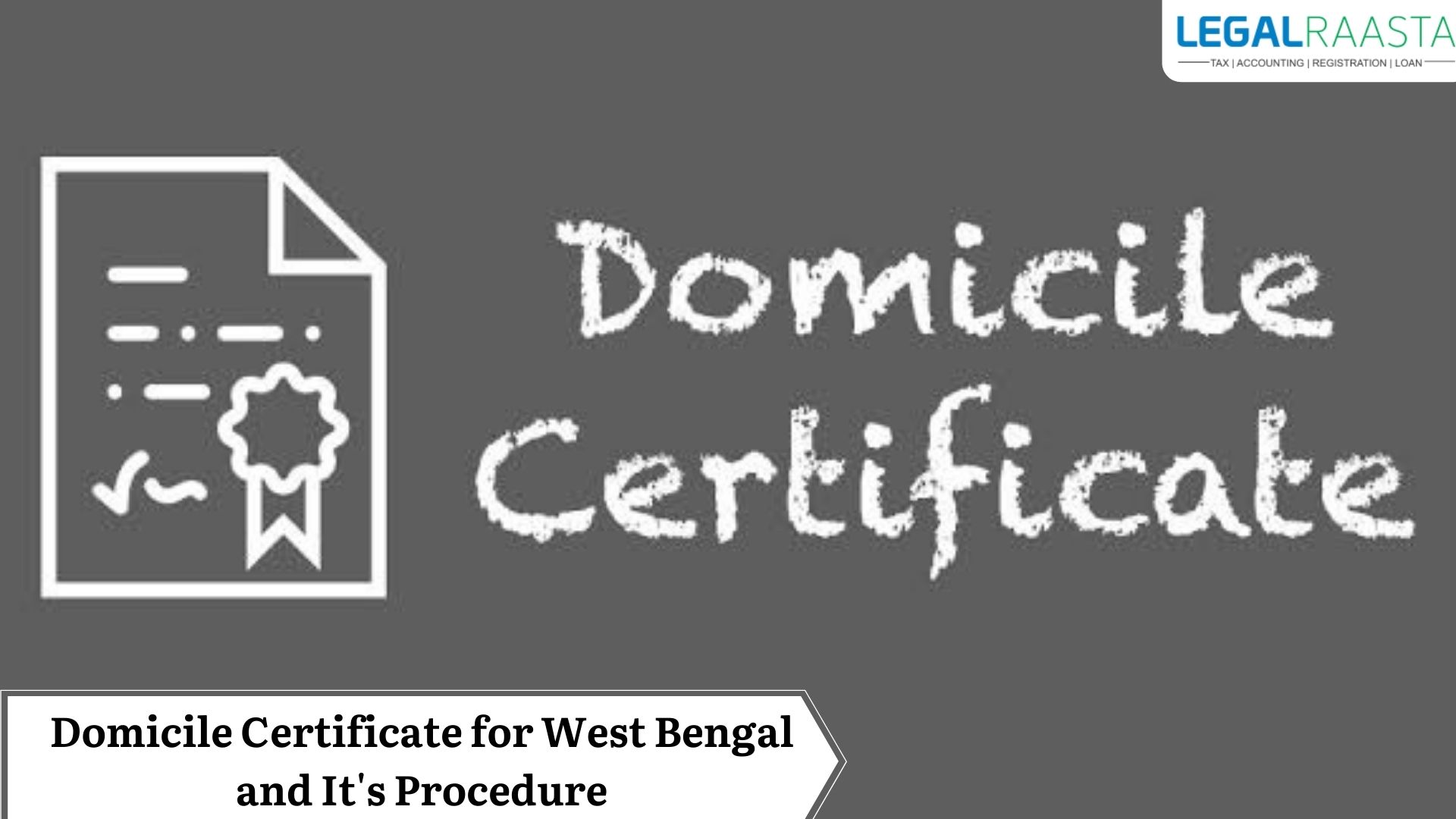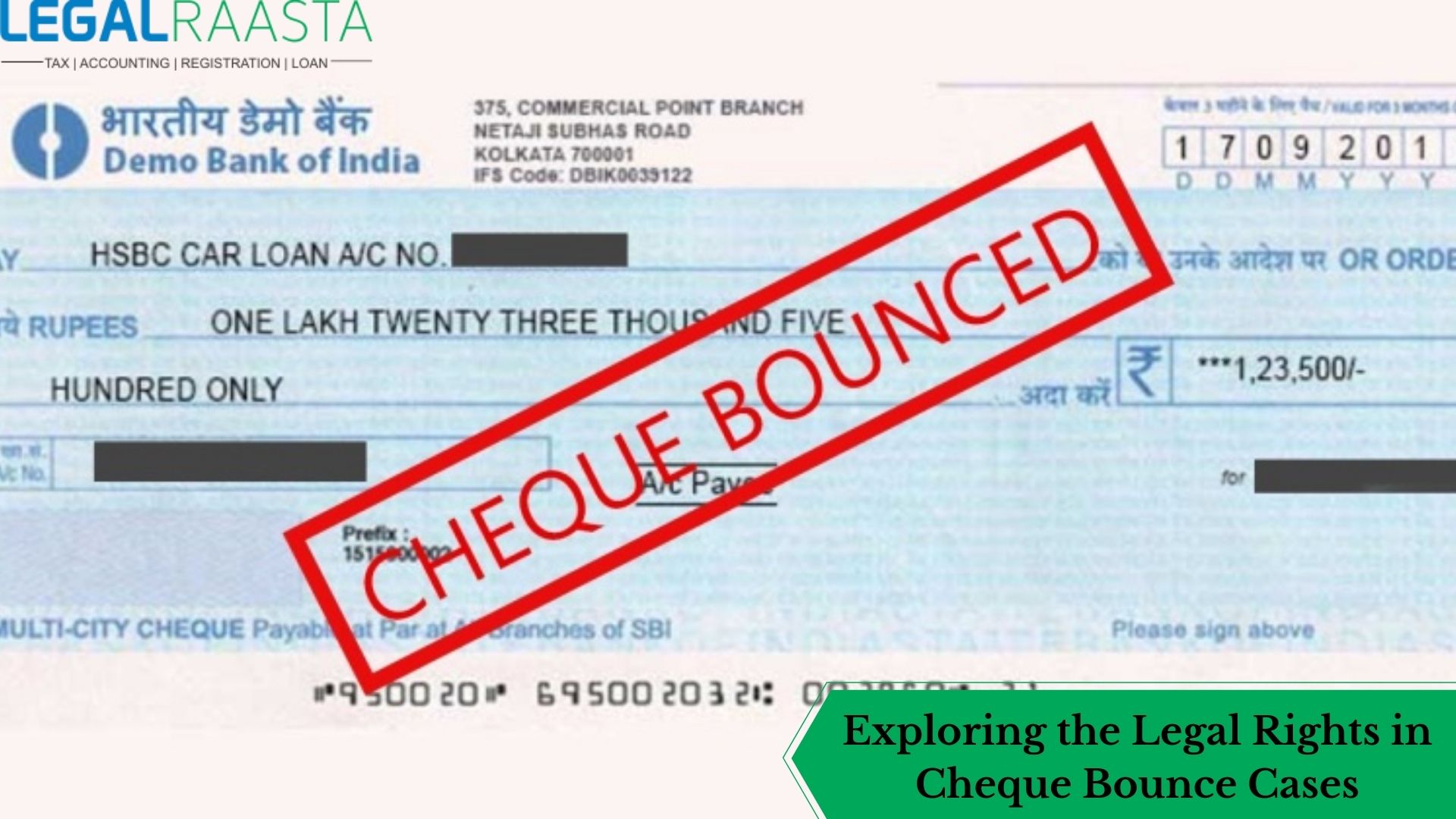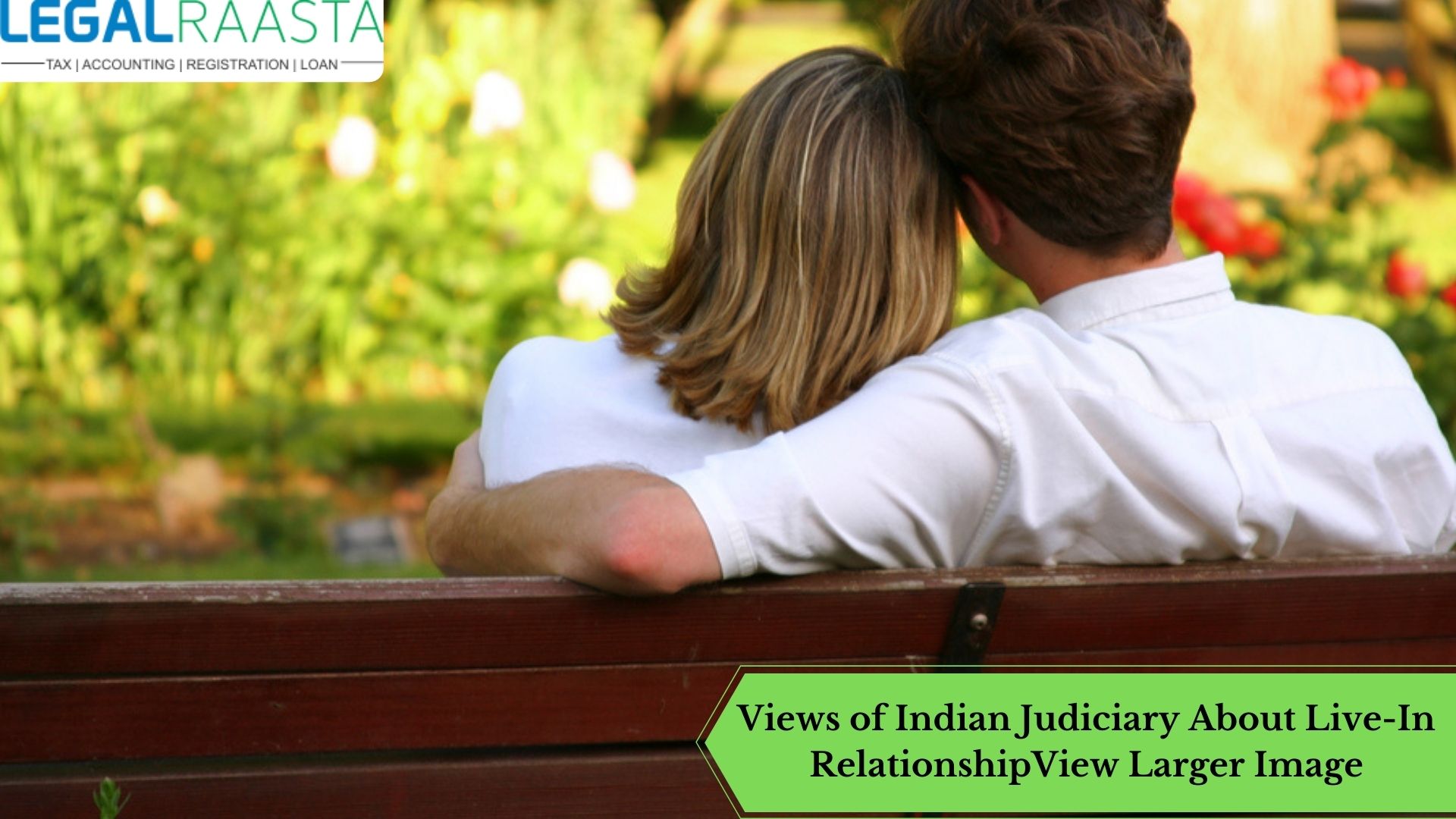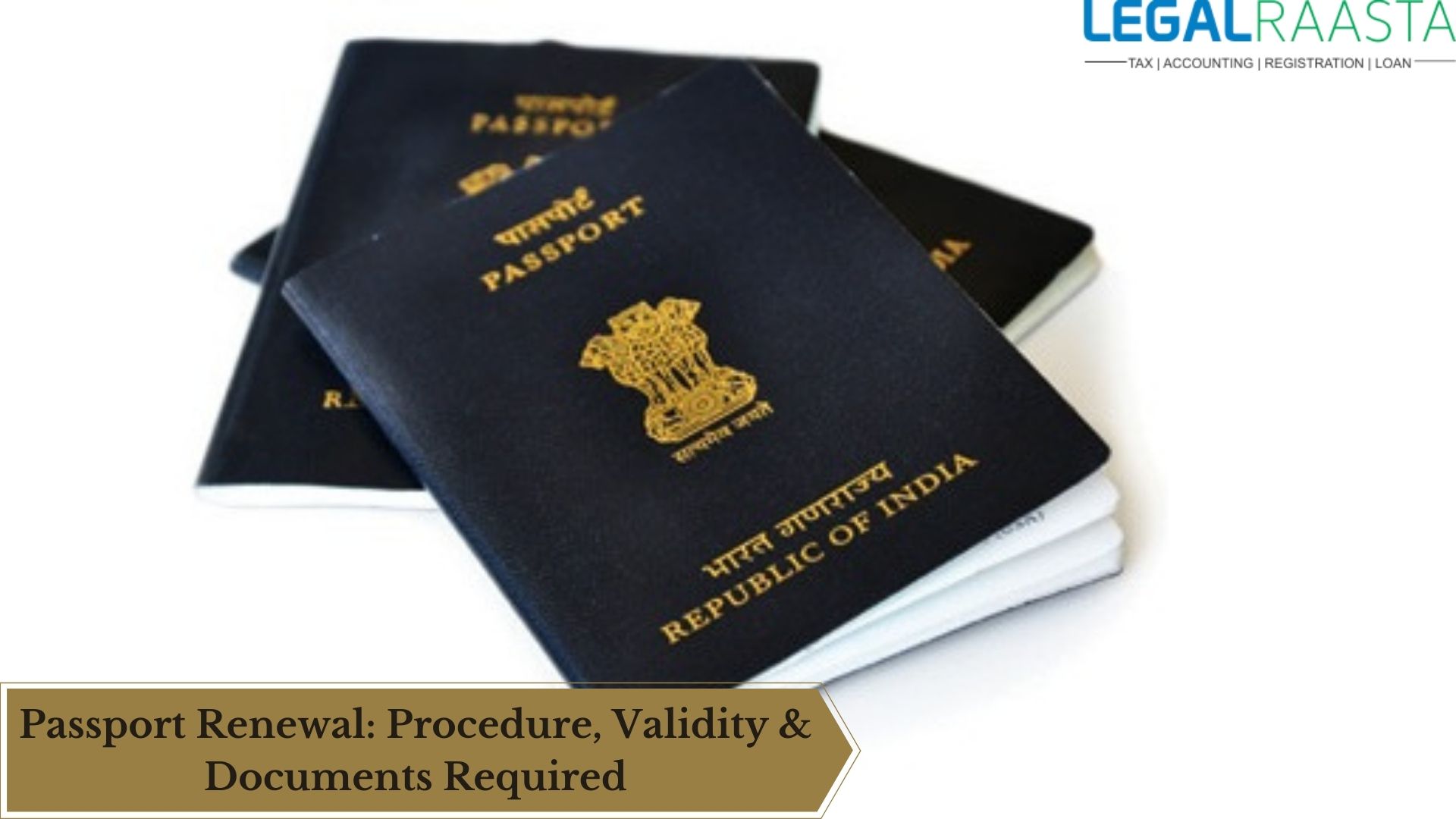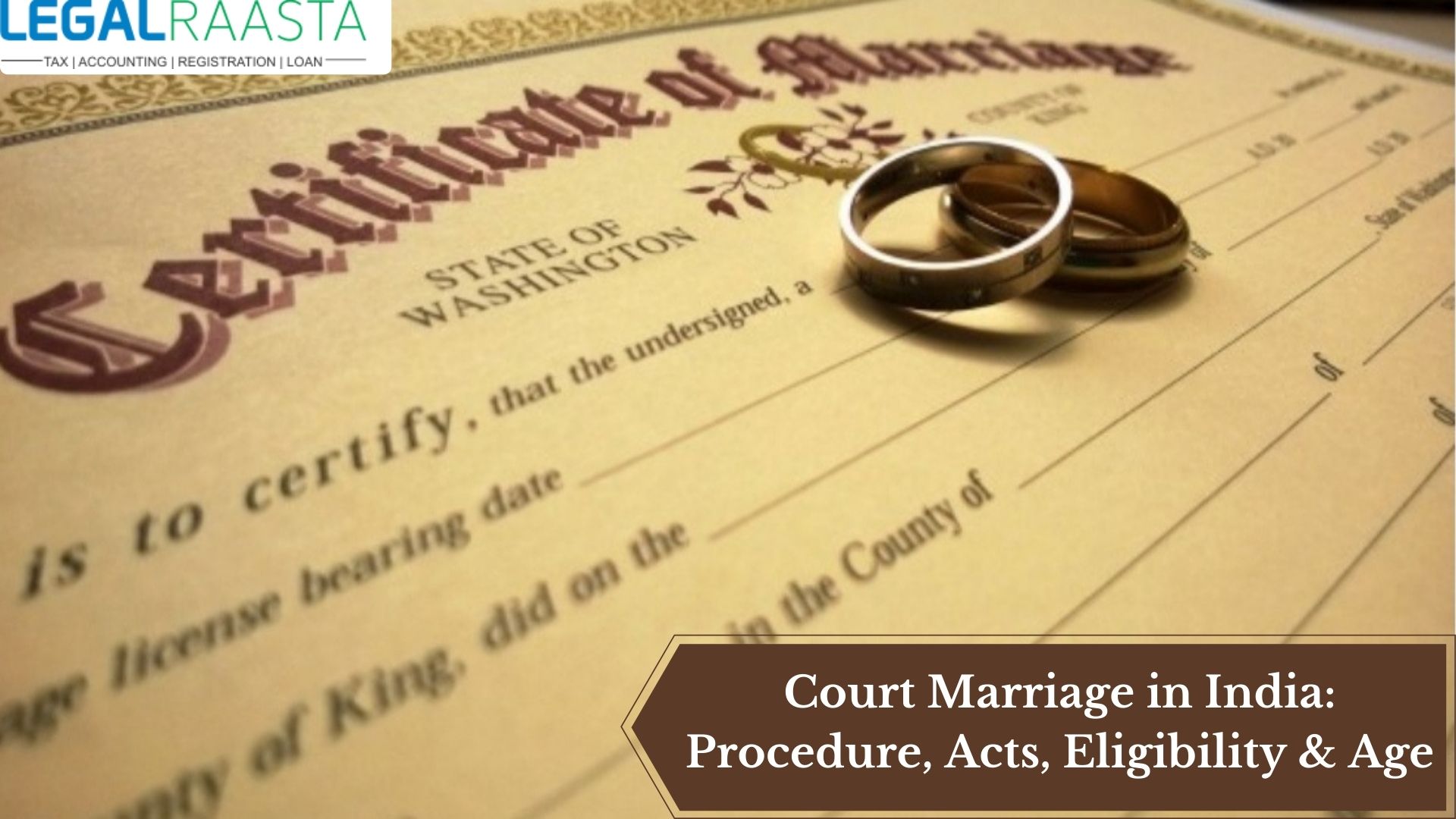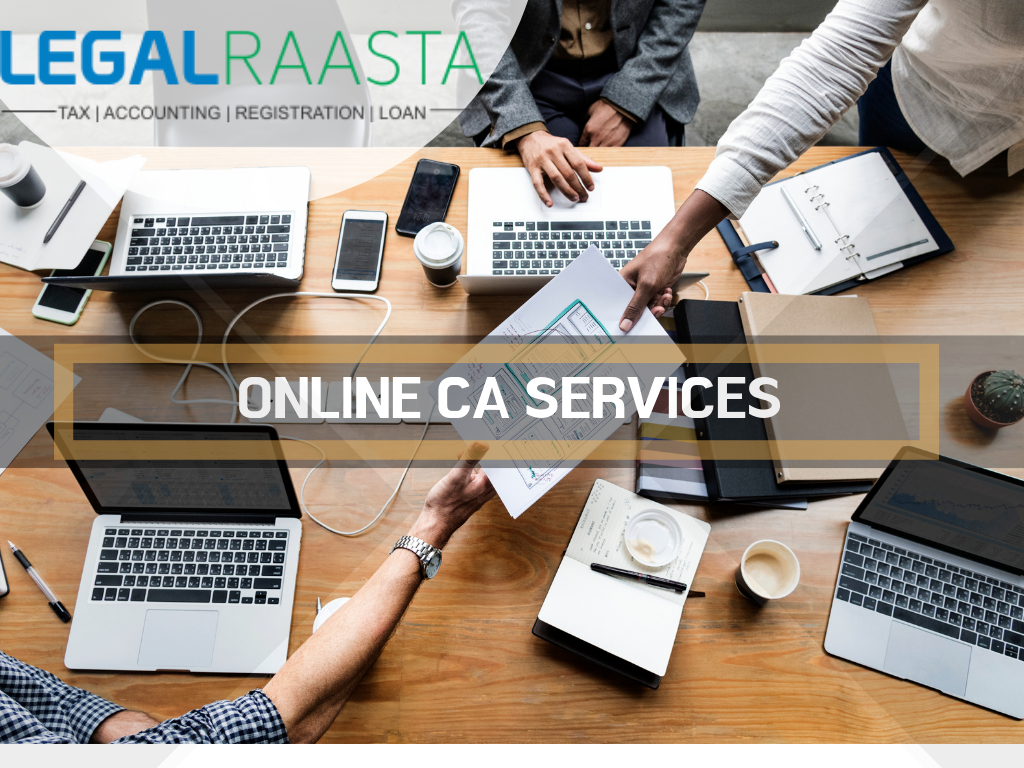Marriage Registration: Procedure, Documents & Timelines
In India, marriages can be registered under two acts namely, the Hindu Marriage Act, 1955, or the Special Marriage Act, 1954. In 2006, it was made mandatory by the Supreme Court of India to register all marriages. The Hindu Marriage Act is applicable for Hindus, whereas the Special Marriage Act is applicable to all the citizens of India regardless of their religion.
The Hindu Marriage Act registers an already solemnized marriage. And does not need a Marriage Registrar for the solemnization of the marriage. The Special Marriage Act, on the contrary, provides both solemnization of marriage and also registration by a Marriage Officer. In India, the eligible age for marriage is 21 years for males and 18 years for females. The marriage will be registered only if the couple fulfills this age eligibility. The registration process for marriage for lovers is also the same.
Registration under the Hindu Marriage Act, 1955
The Hindu Marriage Act will be applicable to those cases where both husband and wife belong to religions such as Hindus, Buddhists, Jains, or Sikhs. It can also be applicable in the cases where they have converted into any of these religions. This marriage registration process first requires to apply to the sub-registrar under whose jurisdiction the marriage has been solemnized or any of the party to the marriage has been residing.
Both husband and wife would be needing to fill the Application Form. Then they have to sign the form and submit it including two photographs of the marriage ceremonies, an invitation card of the marriage, age and address proof of both the spouses, an affidavit of Notary/Executive Magistrate for proving that the couple is married under the Hindu Marriage Act 1955, a sound mental condition and proof of non-relationship between the parties within the extent of prohibition.
All these documents need to be attested by a Gazetted Officer and both the parties will have to submit a fee with the cashier at the sub-registrar and the receipt should be attached with the Application Form. after the submission of the application and verification of the documents, a date will be assigned by a concerned officer when the marriage certificate document will be issued.
With regard to the Hindu Marriage Act, 1955, some specific conditions have to be fulfilled to consider the marriage between both parties as legal and valid. These conditions have been mentioned under Sec.5 and Sec,7 of the Act. according to Sec-5 of the Hindu Marriage Act 1955, a marriage will be considered valid only when both the parties involved in the marriage are Hindus. In case either of the parties included involved in the marriage are Muslims or Christians, then the Hindu will not be considered as a valid Hindu marriage.
A marriage is possibly solemnized between any two Hindus in case the following conditions are fulfilled:
- If neither of the parties has a spouse alive at the time of marriage.
- If neither of the parties is unable of providing consent to it in the consequence of unsoundness of mind.
- Though able to give valid consent, neither of the spouses have been suffering from any mental disorder or to such a limit as to be unfit for marriage and the procreation of children
- In case neither of the spouses experience recurrent attacks of insanity or epilepsy.
- Eligibility of age should be qualified by both spouses i.e., 18 years for females and 21 years for males.
- The parties are not within the extent of a prohibited relationship unless the custom dominating each of them allows marriage between the two.
Degree of Prohibited Relationship
The two spouses are considered to be covered under the degrees of prohibited relationship:
- In case one of them is the lineal ascendant of the other
- One has been the husband or wife of lienal ascendant or descendant of the other
- In case one of them has been the wife of the brother or the father’s or mother’s brother or grandfather’s or grandmother’s brother of the other
- In case they are brother and sister, aunt and nephew, niece and uncle, or offsprings of brother and sister or of two brothers or two sisters.
A marriage, if falling under the above-mentioned categories will be considered void.
Exception: the customs play a major role here i.e., in case there is a custom that governs the parties, they might marry even if they fall under the extents of a prohibited relationship.
Punishment: a marriage performed between the parties that fall under the extents of a prohibited relationship will be considered null and void.
In case any such marriage takes place, then both the parties are liable to be penalized with simple imprisonment for one month or a fine of Rs. 10000/- or with both.
Solemnization in Hindu Marriage
The Hindu Marriage Act, 1955 concerns with ceremonies to be followed in the registration of Hindu Marriage, by the virtue of Sec. 7. The provision mentions that a Hindu marriage can be performed following customary rites and ceremonies of any of the parties.
The moment rites and ceremonies including saptpadi (the seven steps taken by the bridegroom jointly around the sacred fire) are completed the marriage becomes absolute and binding when the seventh step is taken.
Marriage Registration Online
You have the option to register a marriage certificate online, but it is not applicable in all Indian states. It is still not available in urban hubs like Mumbai and Bengaluru but is currently possible in Delhi. A Delhi resident who desires to avail of the Online Registration of Marriage Certificate alternative may visit the website: http://edistrict.delhigovt.nic.in/ and adhere to the following register marriage procedure:
- Choose the relevant district
- Fill in the husband’s details
- Choose the ‘Registration of Marriage Certificate’ option
- Fill out the necessary details that are required in the Marriage Certificate document
- Choose the desired date for your appointment
- Choose the ‘Submit Application’ option
Next, you will see an acknowledgment page with all the relevant details of your appointment and instructions to be followed. A number will be provided temporarily the same as printed on the acknowledgment slip. The applicant should print and preserve a copy of the Application form and acknowledgment slip.
Applicants will be needing to take a witness along with them to the Sub-registrar for the marriage registration. Any person who has attended the marriage can be a witness. The witness needs to possess a PAN Card and proof of residence.
We provide all kinds of legal services like Trademark Registration, Company Registration, FSSAI License, and many more. So, contact the expert team of “LegalRaasta”, for a completely smooth and hassle-free process.

